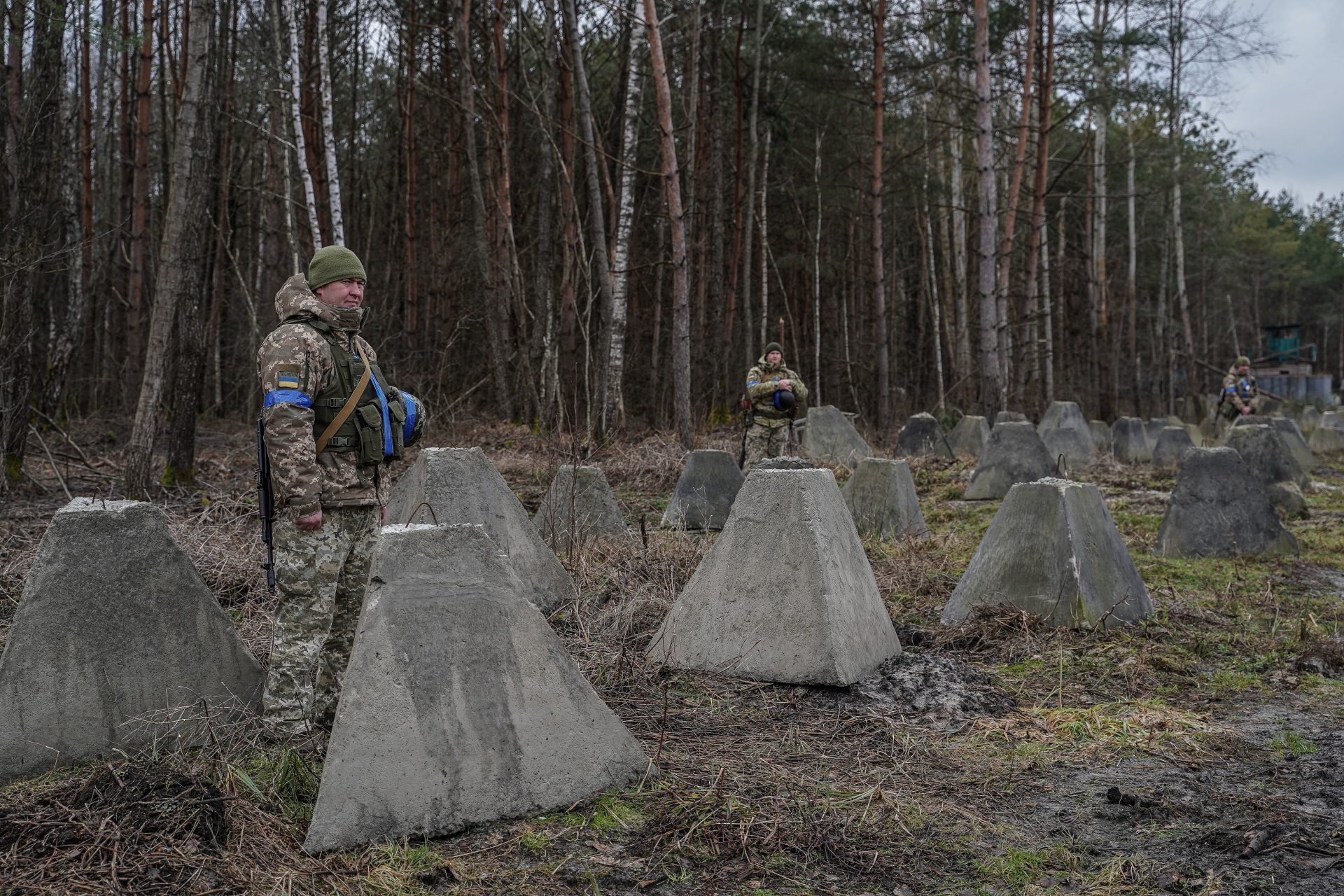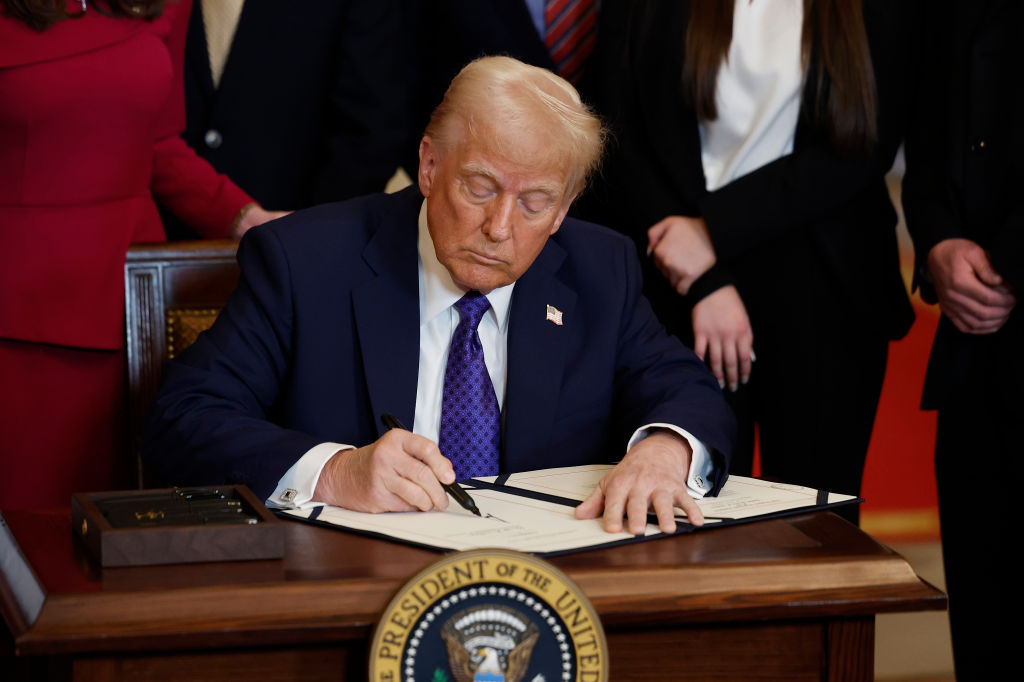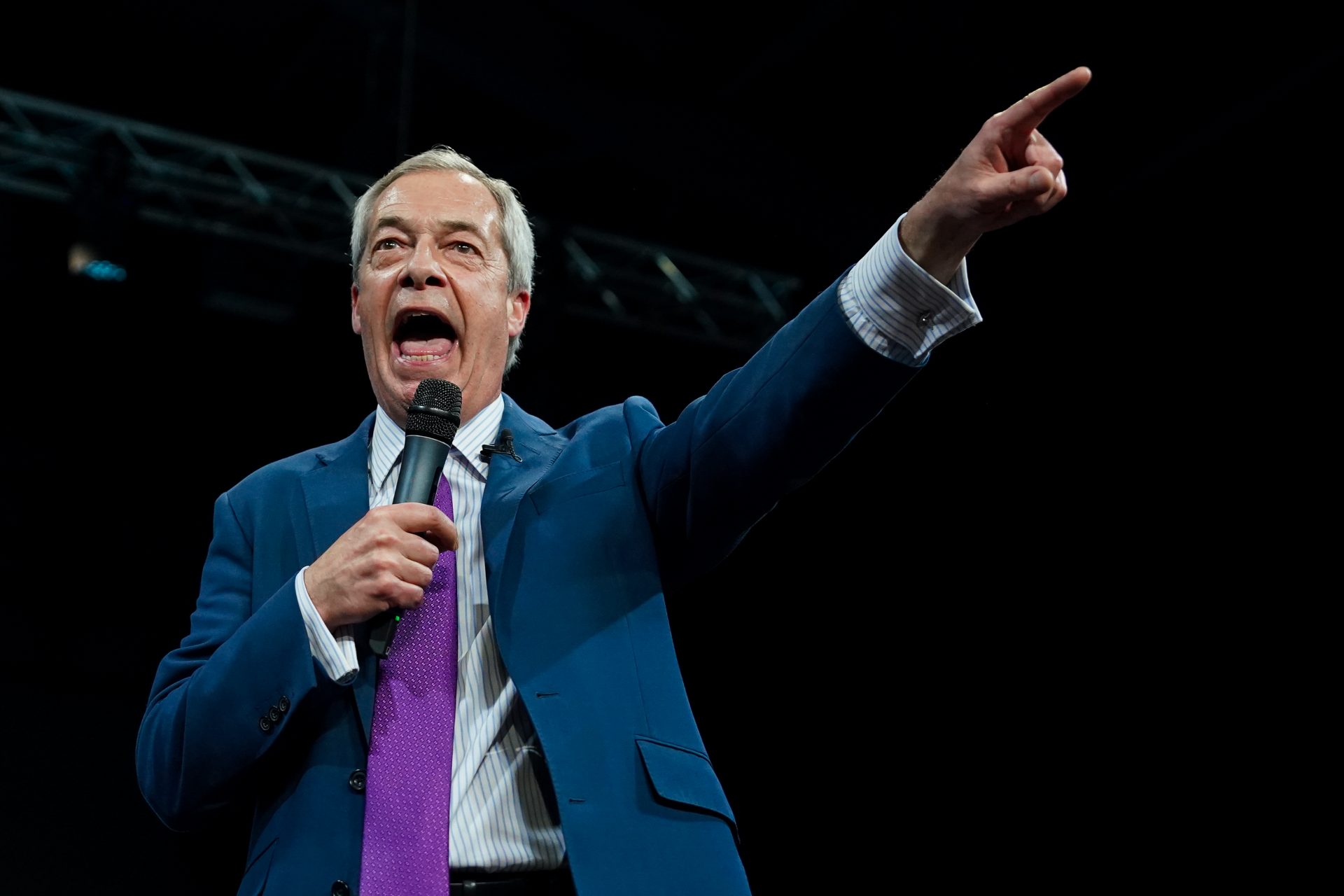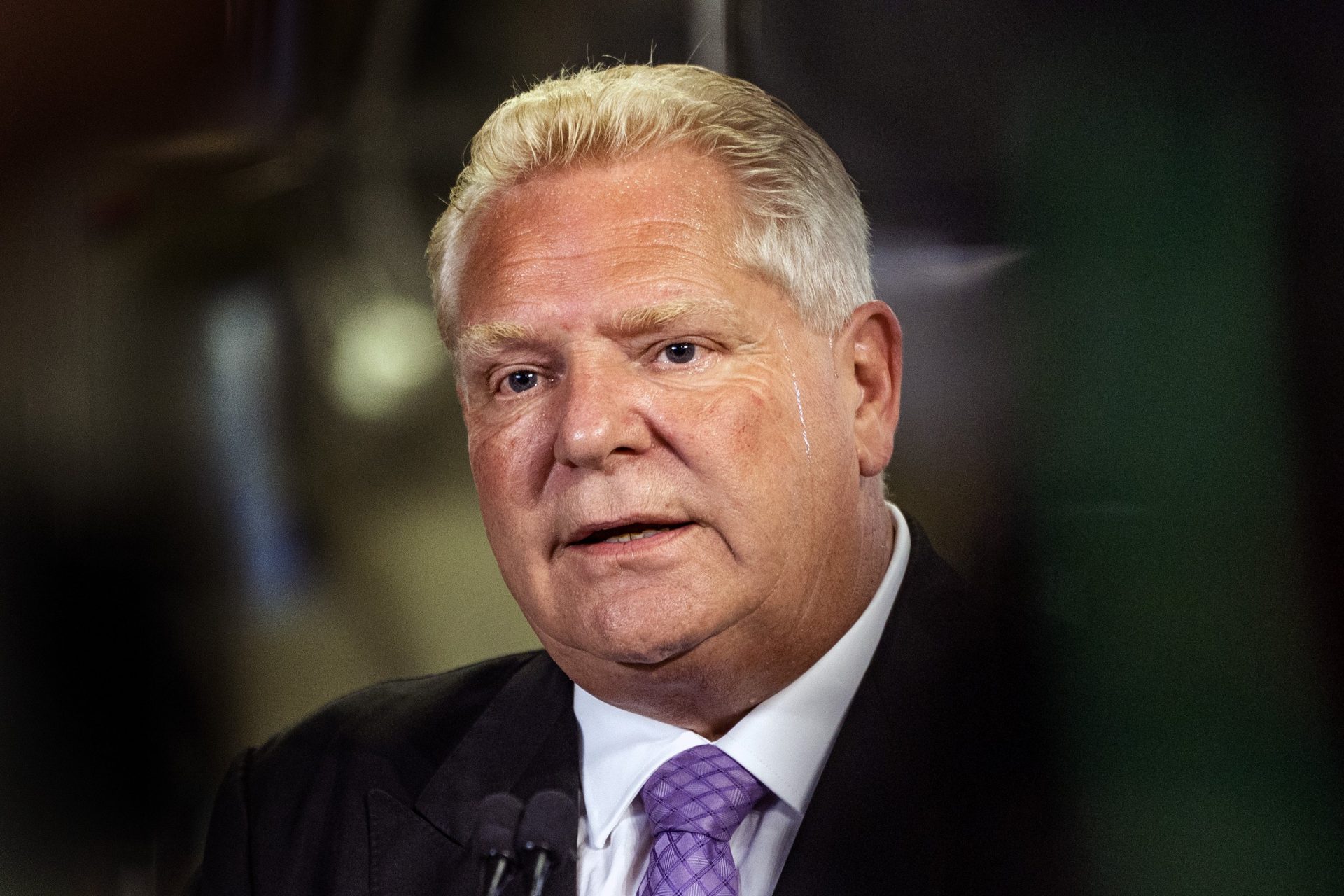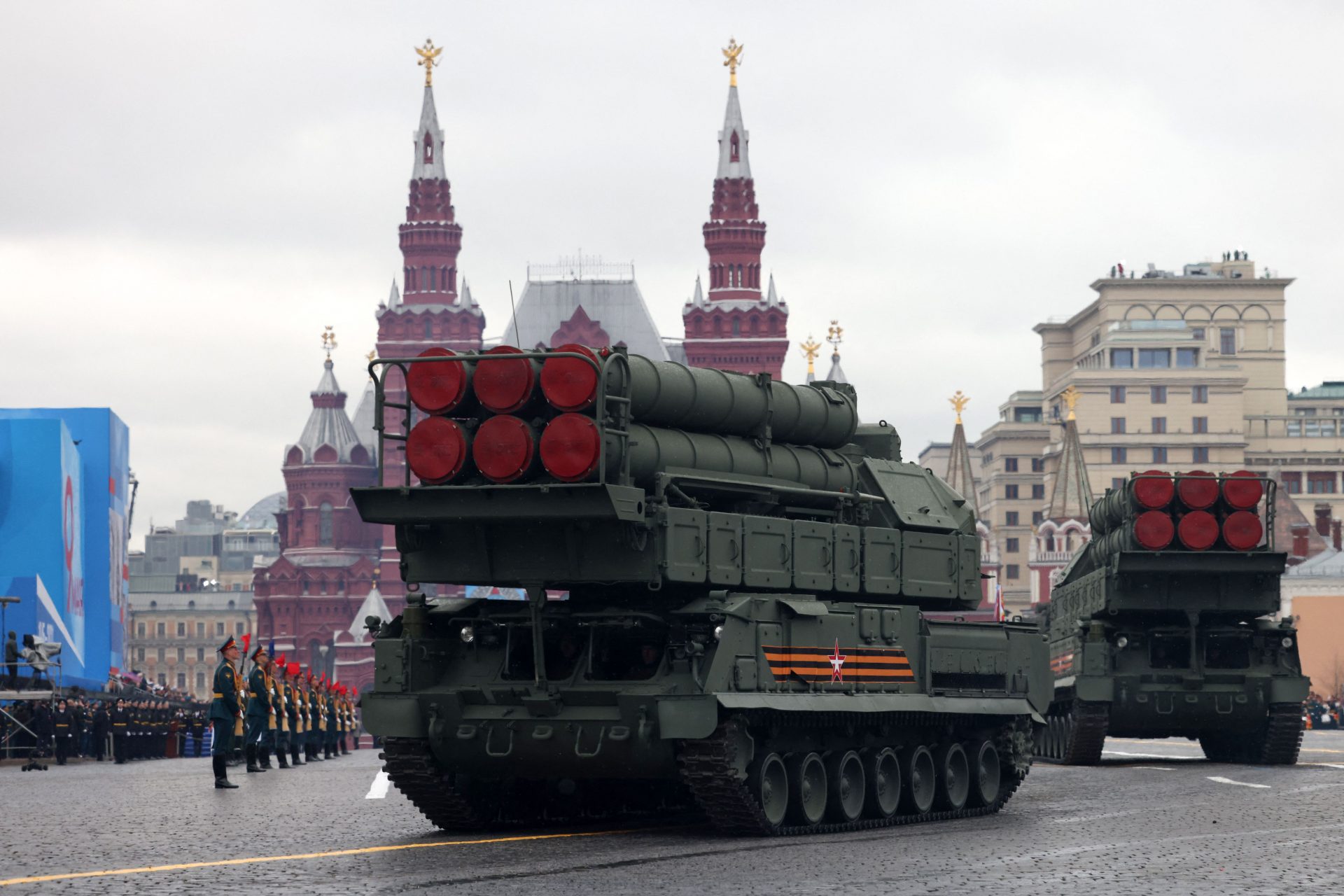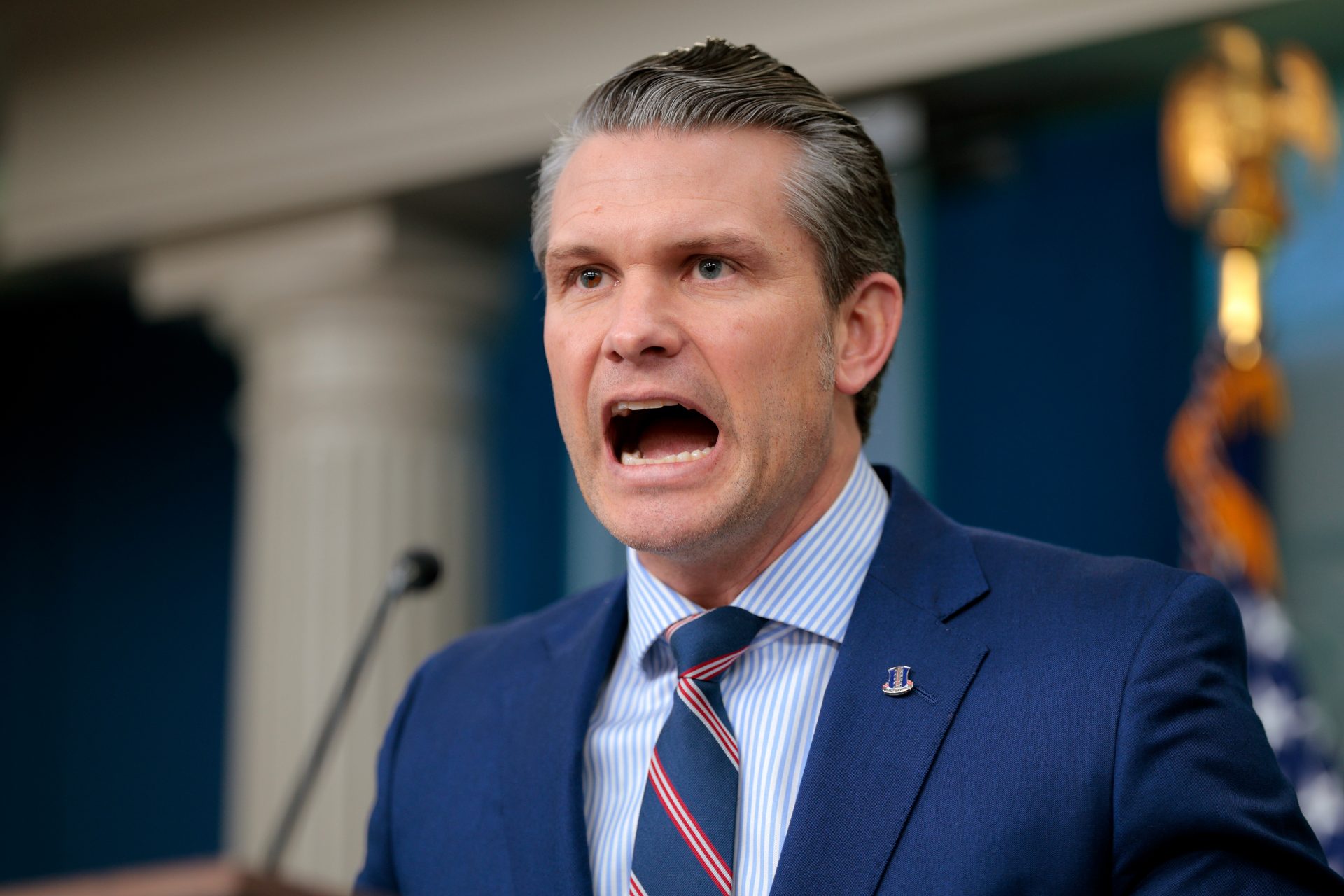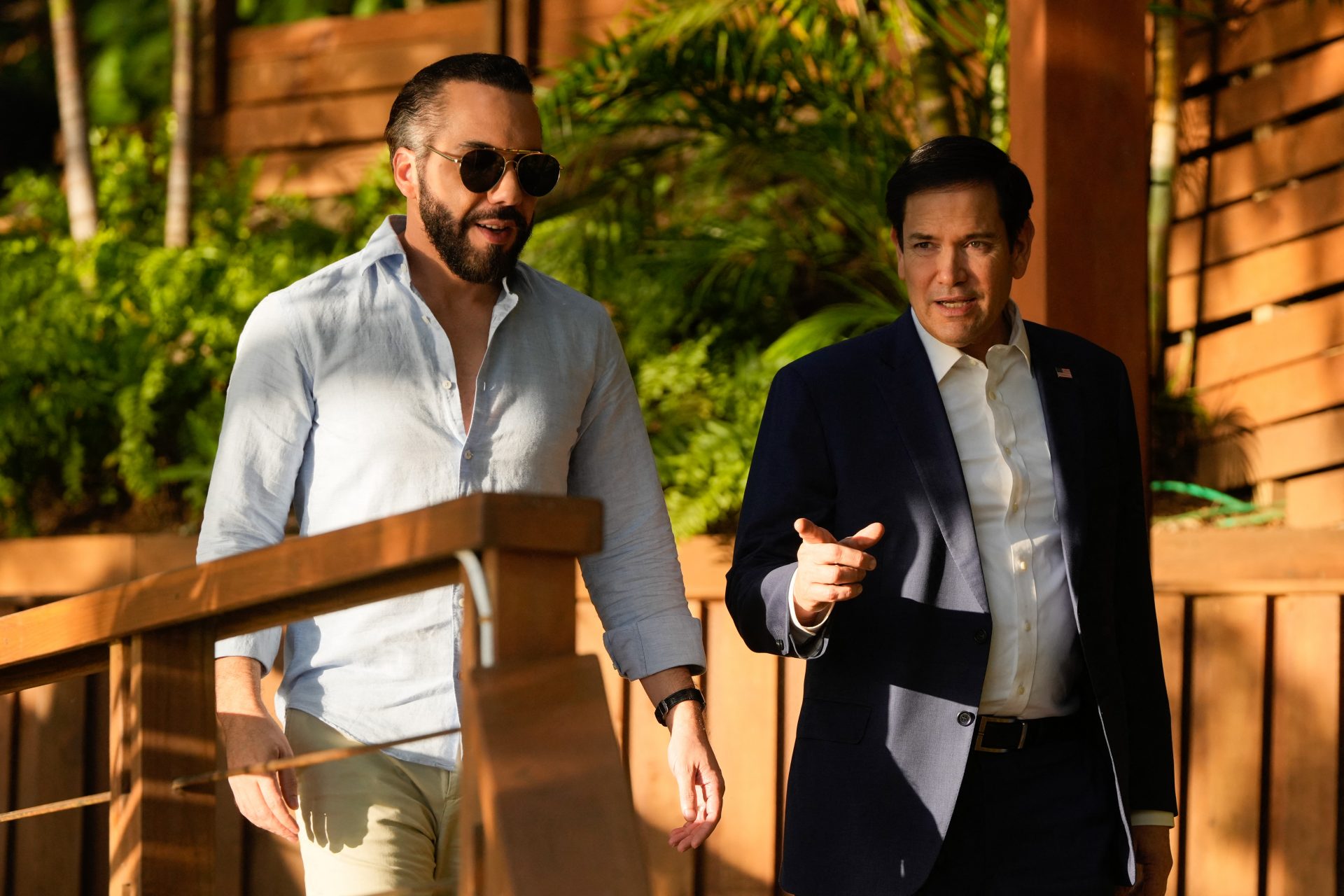Japan warns of increasing military cooperation between Russia and China
The Japanese Foreign Minister voiced his concern about increasing military cooperation between Russia and China in Asia while speaking about the unfolding crisis in Ukraine.
During an informal gathering of European and Indo-Pacific foreign ministers in Sweden, Japan’s Yoshimasa Hayashi warned the assembled guests that the Russian invasion of Ukraine and the ensuing war had “shaken the very foundation of the international order.”
Hayashi also said the crisis needed to be met with a united response from world leaders and noted that the consequence of not doing so could prove disastrous for global order according to reporting from the Associated Press.
“Otherwise, similar challenges will arise in other regions, and the existing order which has underpinned our peace and prosperity could be fundamentally overturned,” Japan’s Foreign Minister explained.
Japan has come to back the Ukrainian government over the course of the conflict but it hasn’t always been so enthusiastic about challenging Moscow’s ambitions in Ukraine.
In 2014, the Japanese government only offered “largely symbolic sanctions” in response to Russia assisting Ukrainian separatists in the Donbas according to James Brown of the Carnegie Endowment for International Peace.
However, Brown noted that the Russian invasion of Ukraine in 2022 prompted a much different reaction from Japanese leaders, one that has mostly tracked with the response that has come from its European and American allies.
According to the Japanese government, it has provided Ukraine with a total of $7.1 billion dollars in assistance, which included everything from helmets and drones to mine-detecting equipment and technical training. But this help isn’t entirely altruistic.
Brown noted in his analysis that Japanese policy towards Russia in the post-invasion environment has as much to do with sending a strong message to China about unilaterally changing the global status quo as it does with helping Ukraine.
“Tokyo’s tough response to Russia’s invasion of Ukraine stems at least partly from fear over what conclusions Japan’s other authoritarian and anti-Western neighbor, China, might draw from the war,” Brown wrote, and it’s a concern Yoshimasa Hayashi raised.
While speaking in Sweden, Hayashi accused Beijing of working to change the status quo in Asia through the country’s military displays in the South China Sea and noted Russian cooperation in this respect was increasing according to the Associated Press.
“China and Russia are strengthening their military collaboration, including joint flights of their bombers and joint naval exercises in the vicinity of Japan,” Hayahshi explained, and he wasn’t wrong in his assessment.
In April, Chinese Defense Minister General Li Shangfu held talks with his counterpart in Russia, Sergei Shoigu, on how best to implement agreements made by President Xi Jinping and Vladimir Putin after their three-day March state summit in Moscow.
“The armed forces of China and Russia will implement the agreements reached by the heads of state and expand military cooperation, military-technical ties, and arms trade,” Li said according to the Associated Press. “We will certainly take them to a new level.”
The Associated Press noted China was not invited to Sweden, and when later asked how meaningful dialogue could happen without Chinese representation, European Union Foreign Policy Chief Josep Borrell brushed off the question without giving a real answer.
"We can perfectly discuss the Indo-Pacific without China,” Borrell said. “It doesn’t mean we neglect China. It doesn’t mean we want to substitute China. I don’t see where the problem is.”
More for you
Top Stories



















